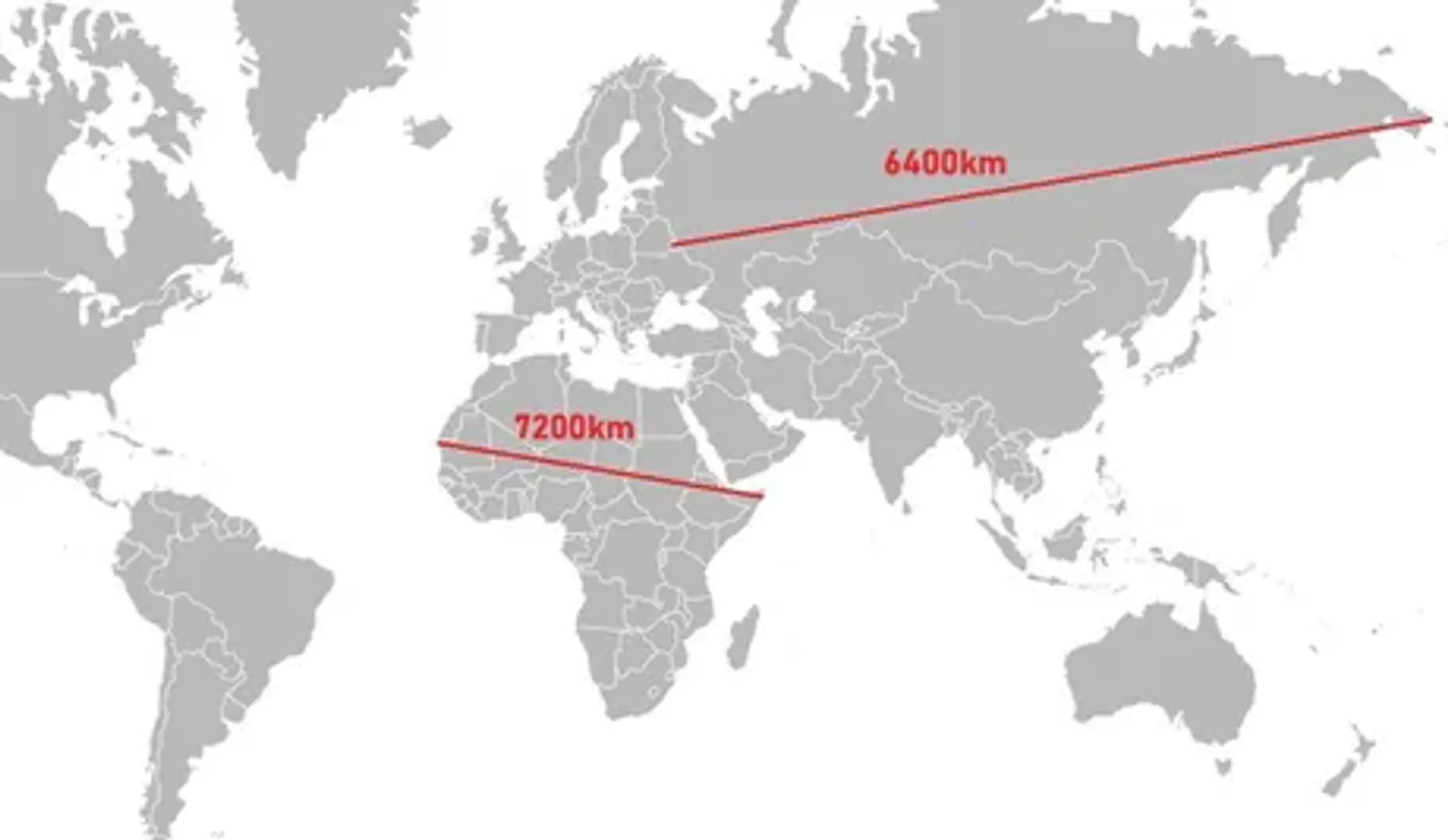
A Map Comparing Actual Distances to Their Representation on the Mercator Projection.
The World Map That we are familiar with is a lie facts fun facts geography
The Crazy Concept of Time Zones
what is the concept of time zone and how it is actually used facts fun facts geography science
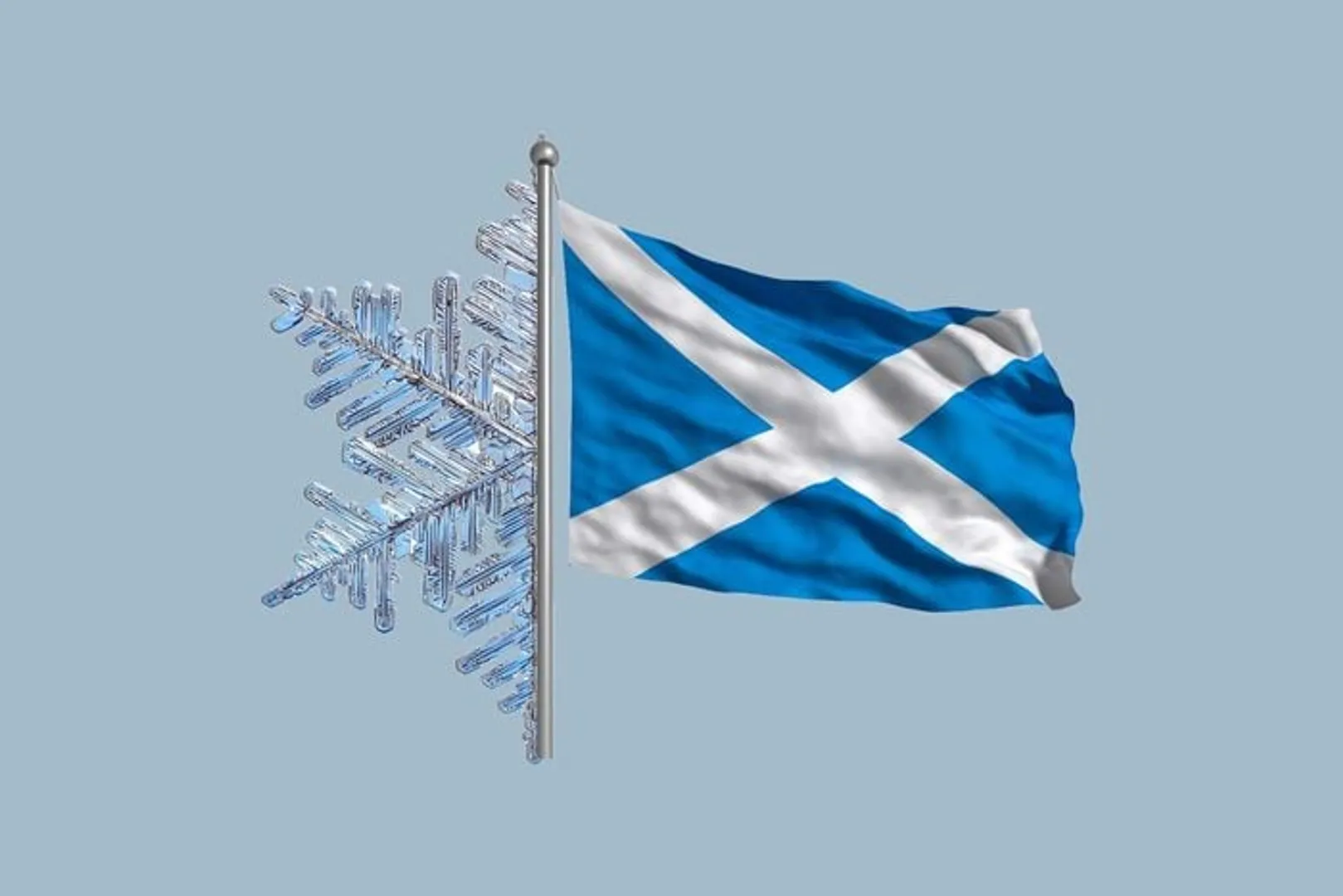
❄️ Scotland Has 421 Words for Snow! 🌨️
Can you believe that Scotland has 421 different words for snow? 😲 Some cool examples include sneesl (to begin snowing or raining) ☔, feefle (to swirl) 🌬️, and flinkdrinkin (a light snowfall) 🌨️ fact facts fun fact geography
Ever Wondered why Radars don't work over the ocean?
how the curvature of the Earth becomes a problem and how satellites and other modern technology is helpful in making the air planes not go invisible over the oceans facts fun facts science geography
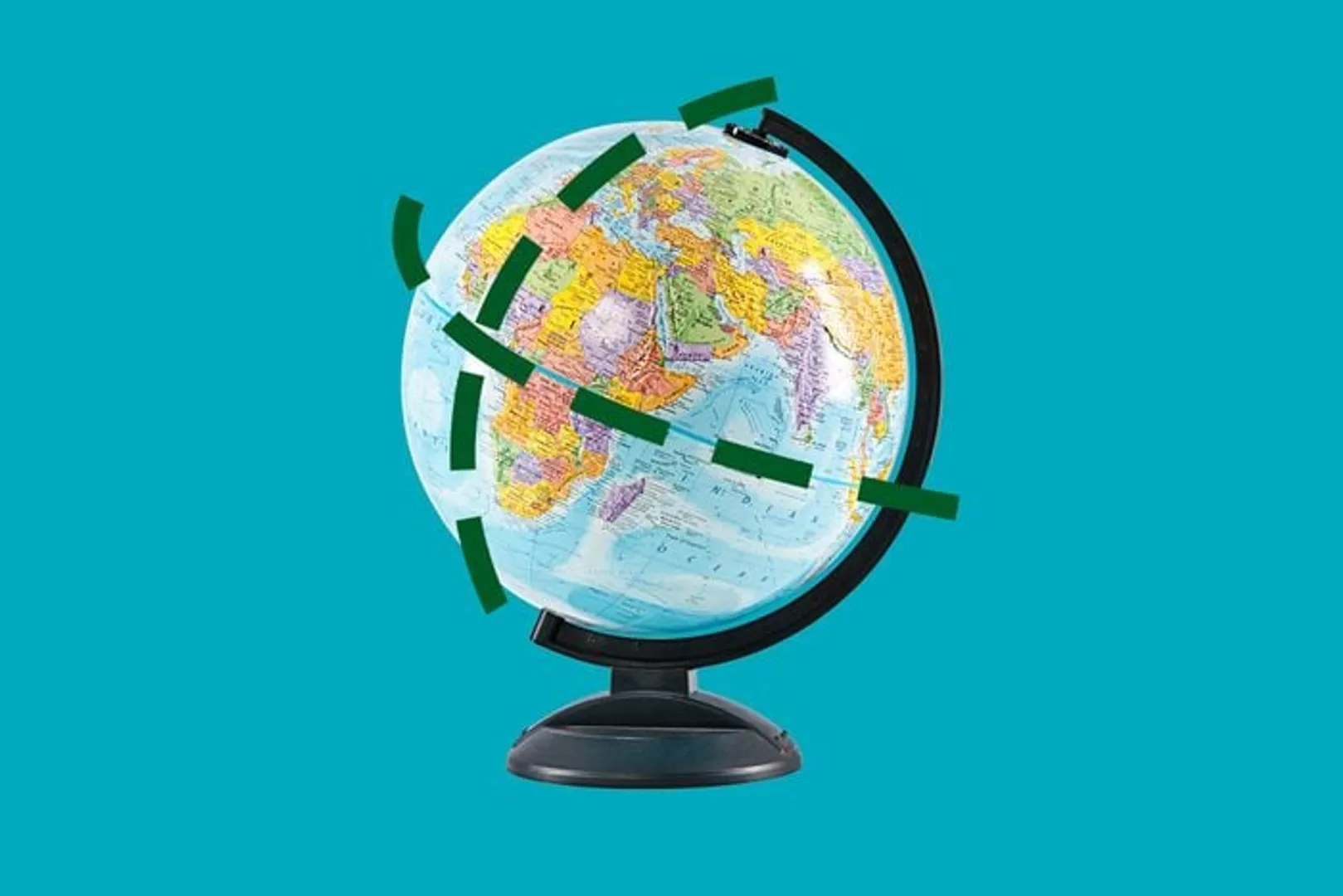
Fact: There are parts of Africa in all four hemispheres
🌍 Surprising Africa Fact: For those mostly taught about the Western world, it might be shocking to learn just how massive Africa is! 🌟 This incredible continent spans all four hemispheres 🌎 and covers nearly 12 million square miles 🗺️. Truly a land of immense size and diversity! 🦓🌳✨ fact facts geography
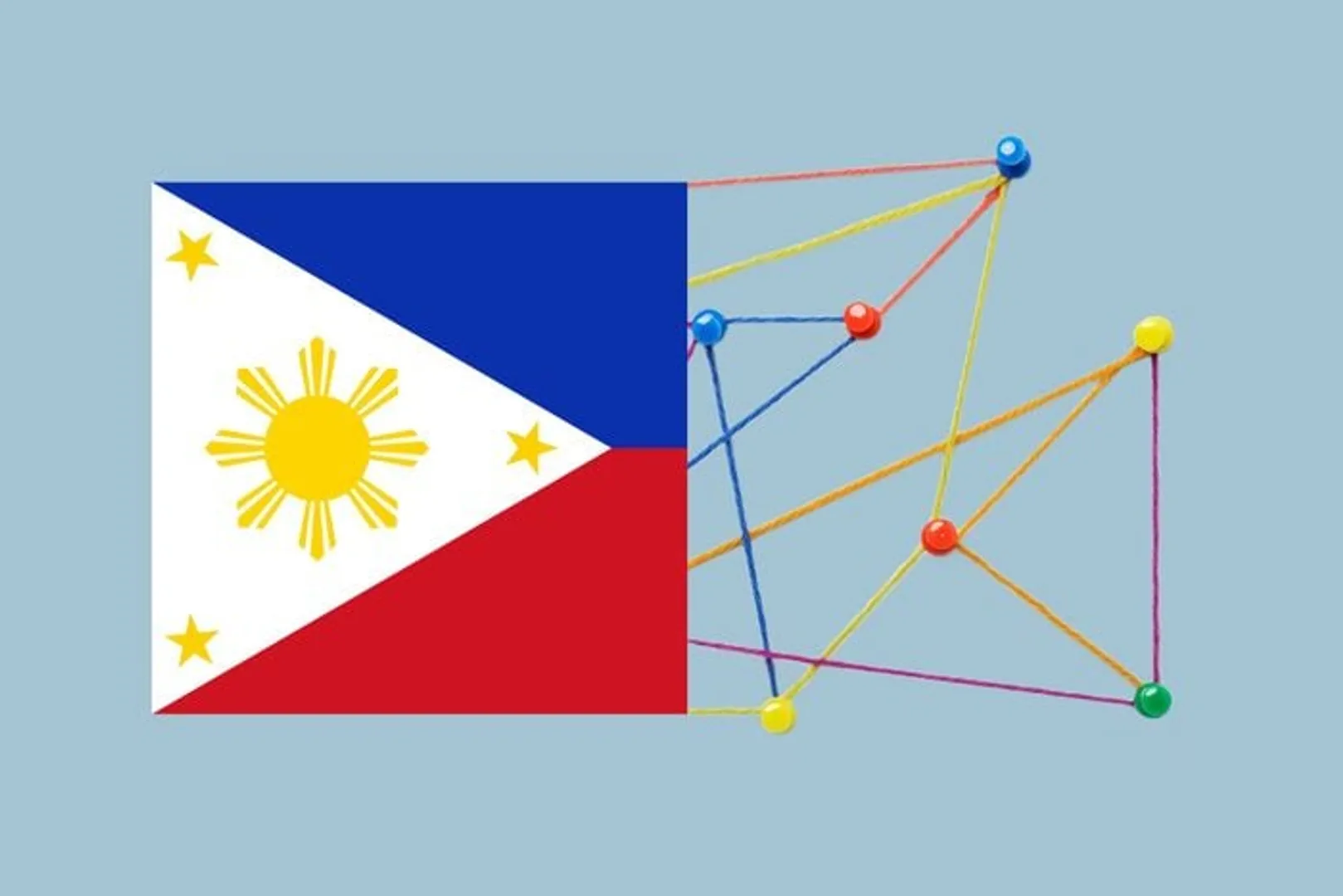
Fact: The Philippines consists of 7,641 islands
🌴 Did you know? The Philippines is an archipelago, made up of 7,641 islands 🏝️ Yes, you read that right ! 🌊 And that number doesn’t even include the thousands of sandbars and other landforms that appear during low tide! 🌞🏖️ fact facts fun fact geography
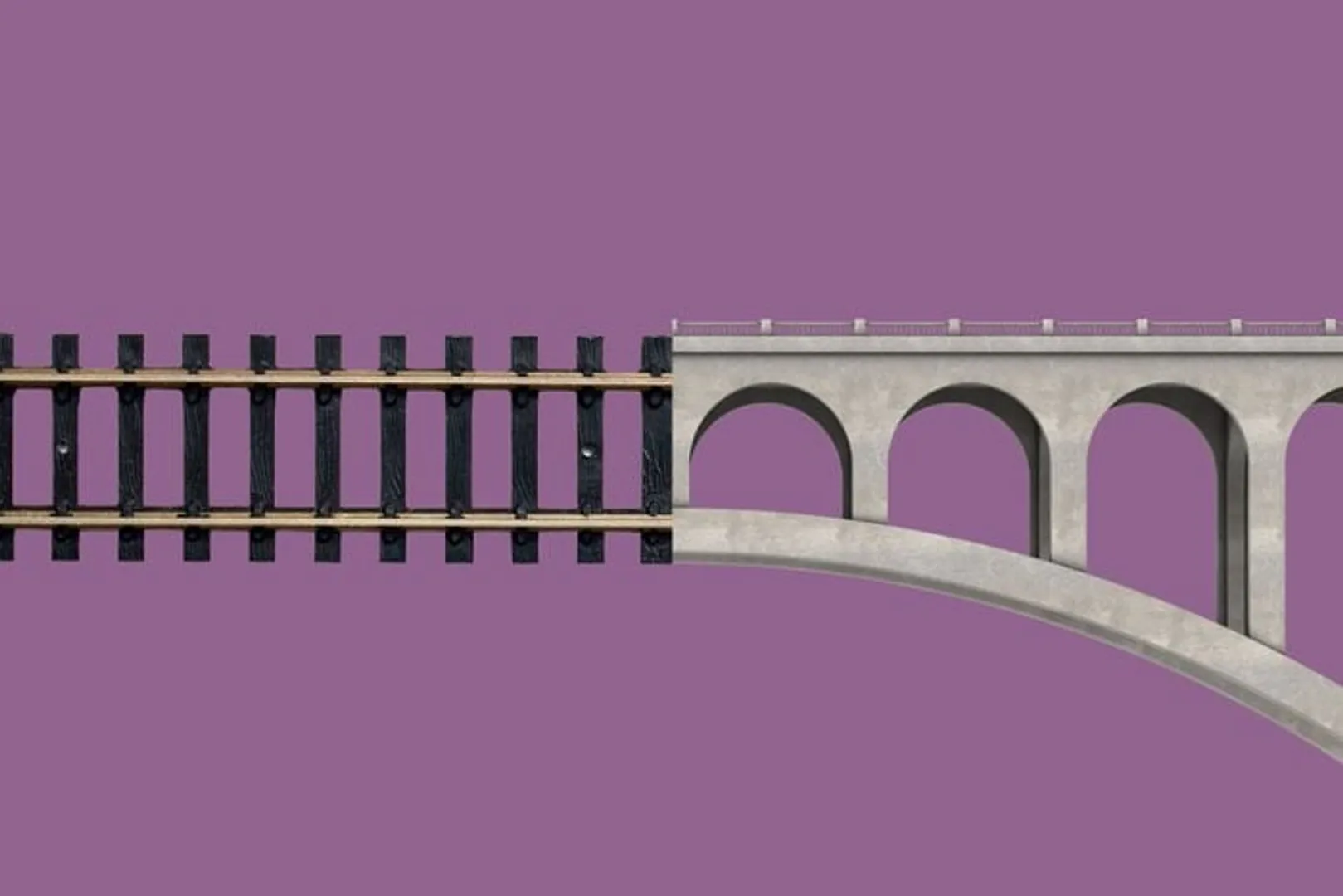
🚂 Did you know? A one-way trip on the Trans-Siberian Railway crosses 3,901 bridges 🌉
The Trans-Siberian Railway is not only the longest railroad in Russia, but also the longest in the world 🌍! The journey lasts seven days 🕒, and during this time, passengers travel across eight different time zones ⏳ and cross a stunning 3,901 bridges 🌉! 🚂 fact facts fun fact geography
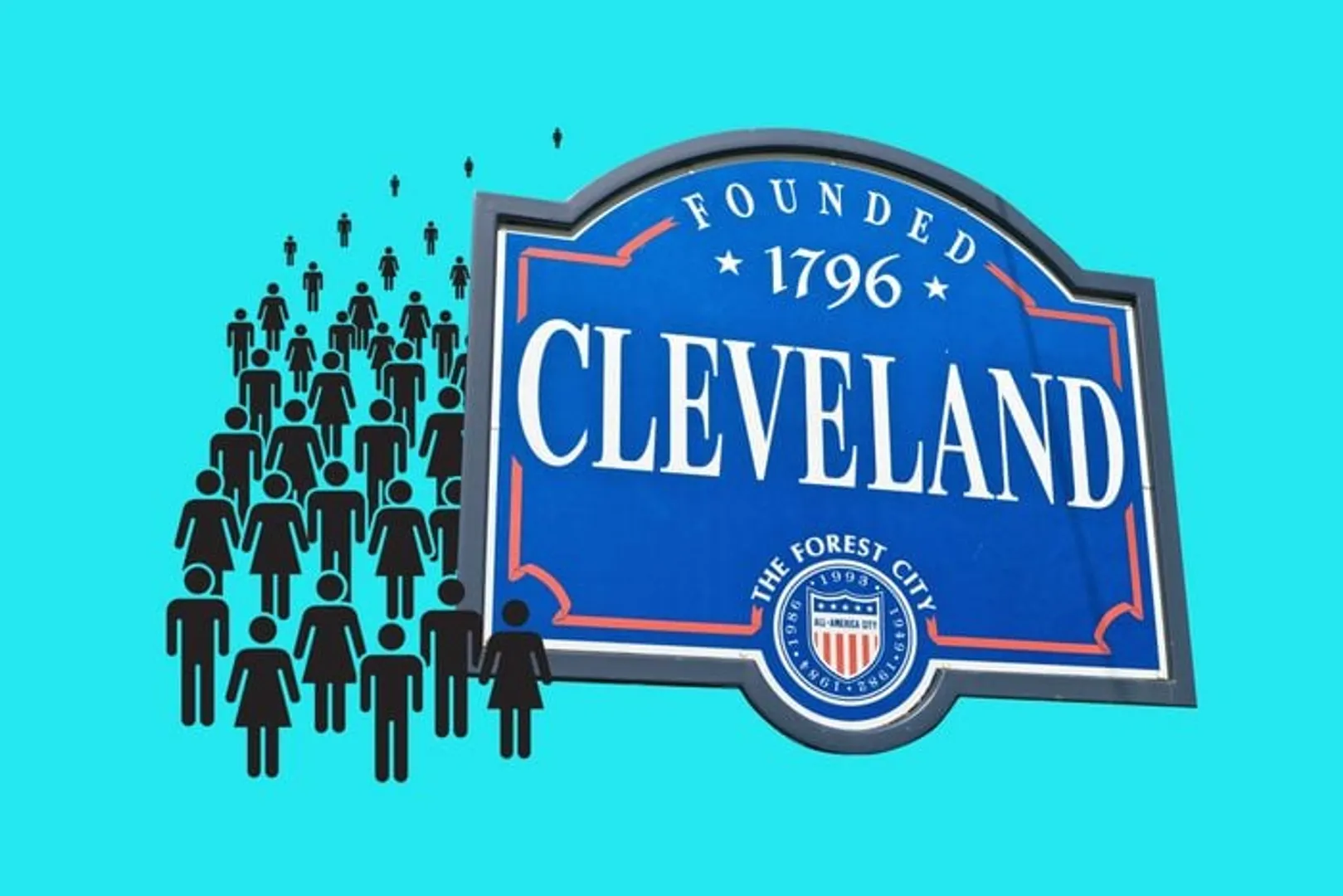
🏙️ Fun Fact: Cleveland was once the 5th largest city in the U.S.!
Believe it or not, back in the 1920 U.S. census 🗓️, Cleveland, Ohio was one of the most populated cities in the country—right behind Detroit, Philadelphia, Chicago, and New York City 🌆. Today, Cleveland may not be in the top five, but the cities that are now hold the crown as the most populated in the world 🌍! fact facts fun fact geography

🌊 Fun Fact: A drop of water takes 90 days to travel the entire Mississippi River! 🚣♂️
The Mississippi River 🌊, stretching across 2,340 miles, is the third-largest watershed in the world 🌍. It’s so massive that it takes a single drop of water roughly 90 days to journey from start to finish! ⏳🚤 fact facts fun fact geography
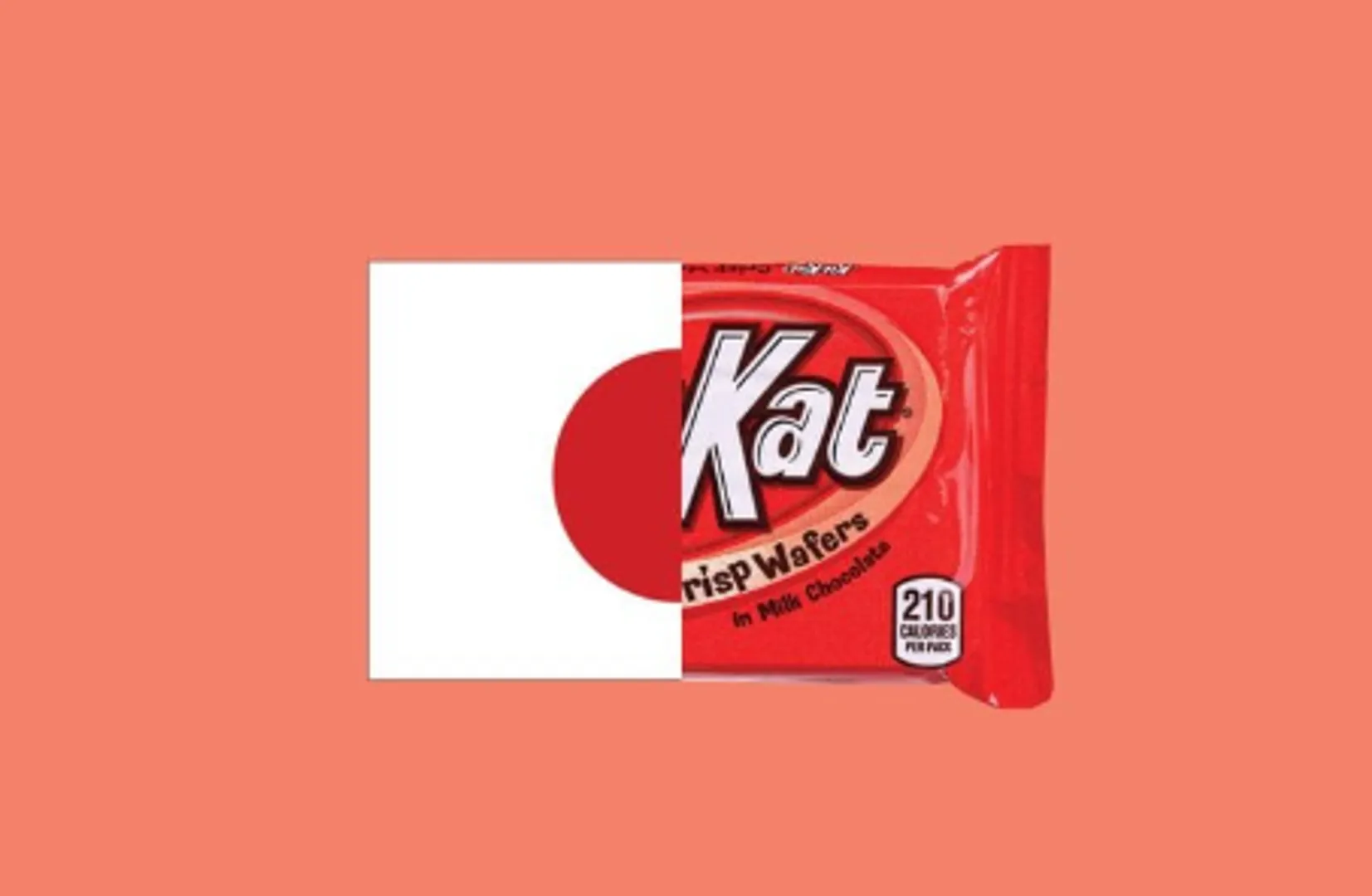
🍣 Sushi-Inspired Kit Kats from Japan! 🍫
In 2017, Japan introduced some unique sushi-inspired Kit Kats at the Kit Kat Chocolatory in Tokyo! 🍱🍬 These special editions didn’t actually taste like raw fish, though. The tuna sushi flavor was raspberry 🍇, the seaweed-wrapped version was pumpkin pudding 🎃, and the sea urchin sushi flavor was a sweet mix of Hokkaido melon 🍈 and mascarpone cheese 🧀. All of them featured puffed rice, white chocolate, and a hint of wasabi for that extra kick! 😋🔥 facts fun fact geography history food
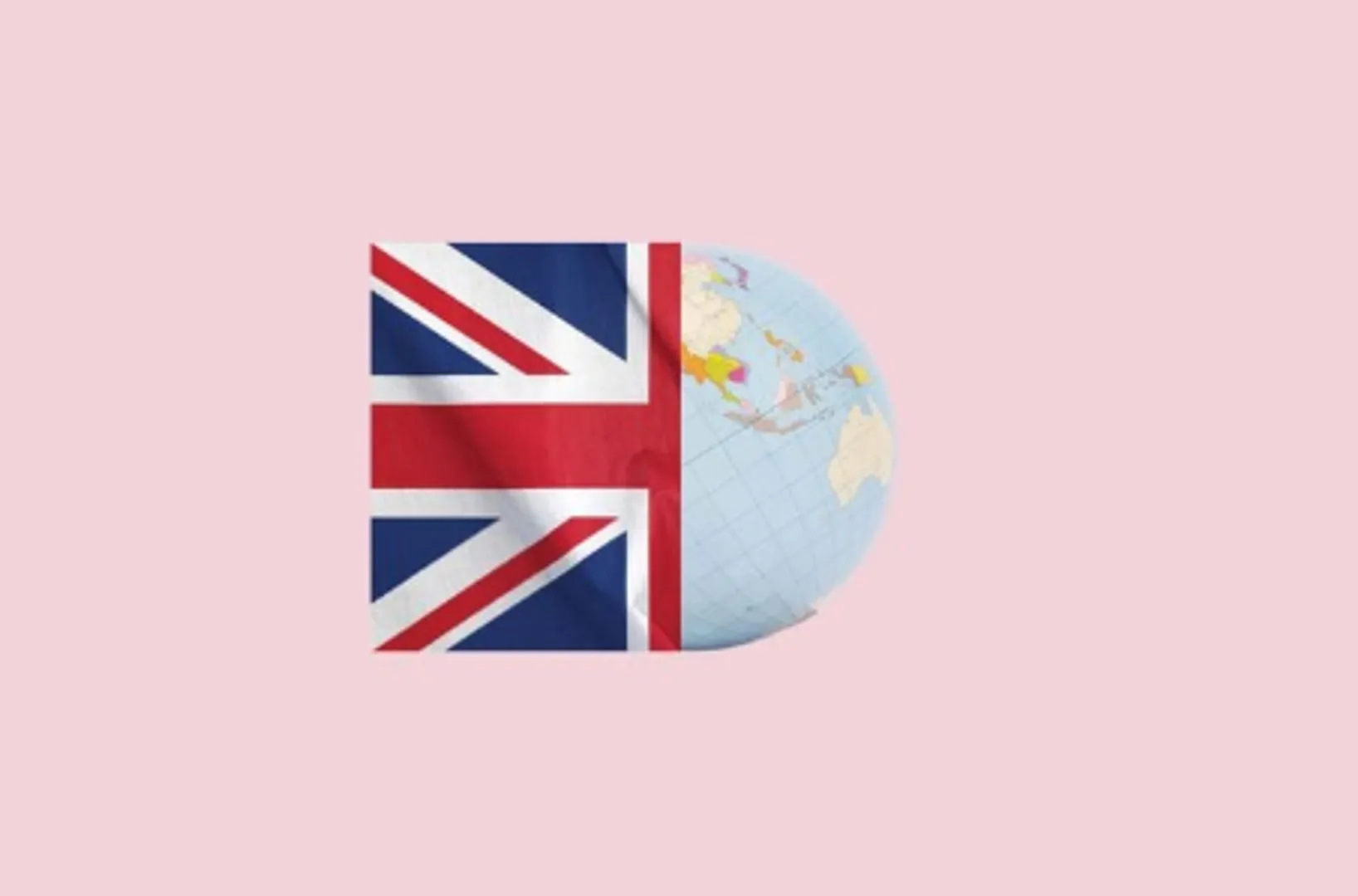
🌍 The British Empire: History’s Largest Empire 🏴☠️
In the 1920s, the British Empire reached its peak of power, ruling over a staggering 23% of the world’s population 👥 and covering 13.7 million square miles 🌏—nearly one-quarter of Earth’s land area 🌐! According to a report by Statista, this made it the largest empire in human history, influencing cultures, economies, and politics across the globe. 🏛️🌎✨ facts fun fact history geography
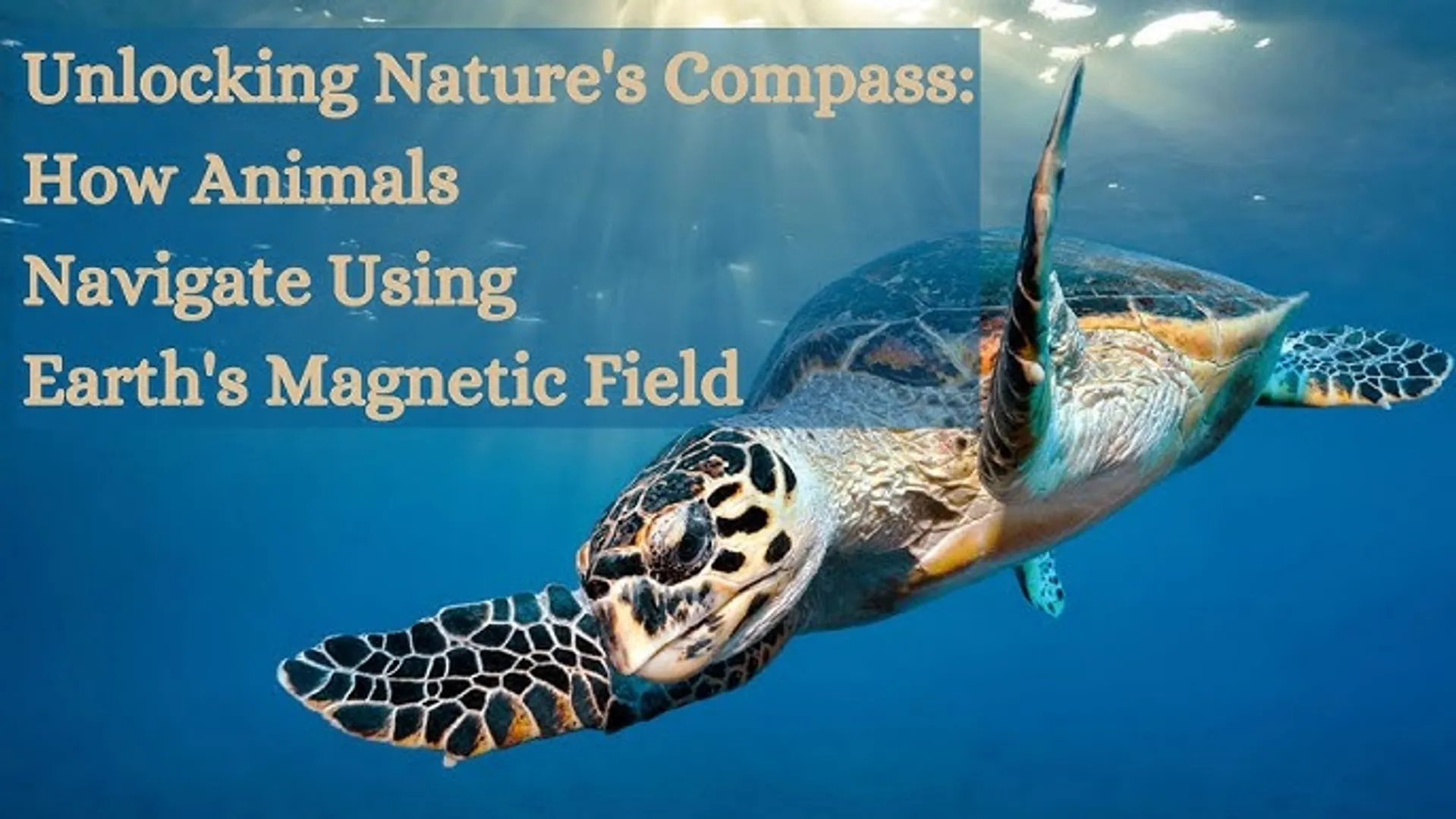
🐢 Animal GPS Powered by Earth’s Magnetism 🧭✨
While many land animals struggle to navigate when lost, some sea creatures have a secret superpower! 🌍💡 According to the U.S. Geological Survey (USGS), animals like sea turtles 🐢 and salmon 🐟 can sense Earth’s magnetic field 🧲. This incredible skill helps them find their way home across vast distances, making it a real-life science fact, not fiction! 🌊🚦 facts fun fact animals geography science
Why there are no Bridges on the Amazon River?
The Amazon River, despite being one of the longest and widest rivers in the world, has no bridges spanning its main stretch. This unique fact is due to several reasons: 1. Low Population Density Along the River The Amazon River flows through vast stretches of rainforest with relatively sparse human populations. 🏞️ Most of the communities along the river rely on boats for transportation rather than roads or bridges, making bridges less essential in these areas. 2. Challenging Geography The Amazon River is enormous, with a width that can exceed several kilometers in places, especially during the rainy season when it floods. 🌊 Building a bridge over such a wide and dynamic river would be an engineering challenge, requiring substantial investment and advanced construction techniques. 3. Economic Considerations The cost of constructing bridges over the Amazon would be astronomical. Since the region has a low demand for road infrastructure due to the reliance on waterways for transport, such projects are not seen as cost-effective. 💰 4. Environmental Concerns The Amazon rainforest is one of the most biodiverse areas in the world. 🌳 Building bridges could disrupt local ecosystems, affecting both terrestrial and aquatic life. There are strict environmental regulations aimed at preserving this critical habitat. 5. Existing Transportation Modes Rivers in the Amazon basin are already heavily utilized for transportation. 🚤 Boats and ferries are the primary means of travel and trade, reducing the necessity of bridges. 6. Cultural and Traditional Practices Indigenous and local communities have adapted to using boats and other river-based transportation for centuries. 🛶 Building bridges might not align with their traditional way of life. In summary, the combination of geographical challenges, low population density, cost, environmental concerns, and reliance on river transportation explains why no bridges span the Amazon River. facts fun facts geography
Why Europe and Africa Aren't Connected by a Bridge 🌍 The Strait of Gibraltar Gap 🌊
The Strait of Gibraltar, separating Europe (Spain) and Africa (Morocco), presents significant challenges for building a bridge: Depth 🌊: The strait reaches depths of up to 900 meters (2,950 feet), making underwater support structures incredibly difficult and expensive to construct. Strong Currents 💨: Powerful ocean currents and winds in the strait would pose serious engineering and safety challenges. High Traffic 🚢: The strait is one of the world's busiest maritime routes, requiring careful consideration to avoid disrupting shipping lanes. Cost 💰: The financial and technological demands of such a project would be enormous, outweighing its economic benefits. Alternative Solution: A tunnel, similar to the Channel Tunnel between the UK and France, has been proposed, but it remains a concept due to similar challenges. 🌐 The Strait of Gibraltar remains a natural boundary between the two continents. facts fun fact science geography
Why Air Planes Across the Atlantic Follow This Invisible Path known as The Jet Stream Highway✈️ 🌍
The jet stream is a fast-flowing, high-altitude wind current that circles the Earth, located about 8-15 kilometers (5-9 miles) above the surface. It acts like an invisible highway in the sky, influencing: Weather Patterns 🌦️: Steering storms and affecting temperatures globally. Air Travel ✈️: Pilots use the jet stream to save time and fuel on eastward flights, while avoiding it on westward routes to reduce headwinds. Speed 💨: Wind speeds can exceed 250 mph (400 km/h), making it a powerful force in atmospheric dynamics. Formed by the temperature differences between the poles and the equator, the jet stream is a key driver of Earth's climate and aviation efficiency. 🌍💨 facts fun fact about aviation industry science geography
Area 51 👽 Are There Aliens Inside This Ex-Secret Base? 🛸
Area 51, located in the Nevada desert, is a highly classified U.S. Air Force base long surrounded by rumors of alien activity. Speculation arises from: Secrecy 🔒: The base's purpose is largely undisclosed, fueling theories about UFOs and extraterrestrial studies. Roswell Incident 🛸: Allegations of alien technology being studied after a supposed UFO crash in 1947. Advanced Technology ✈️: Area 51 is known for testing cutting-edge aircraft like the U-2 and stealth planes, which may explain many UFO sightings. While no evidence of aliens has been confirmed, the base's mysterious nature keeps imaginations running wild. 🤔✨ facts fun fact science geography
Blue Banana Area in Europe 🍌 The Most Powerful Zone in the EU
The "Blue Banana" is a densely populated, economically vibrant zone stretching from Northern Italy to the UK, including major cities like Milan, Frankfurt, and London. Known for its innovation, industry, and wealth, it's the backbone of Europe’s economy. 💼💶 facts fun fact geography economy